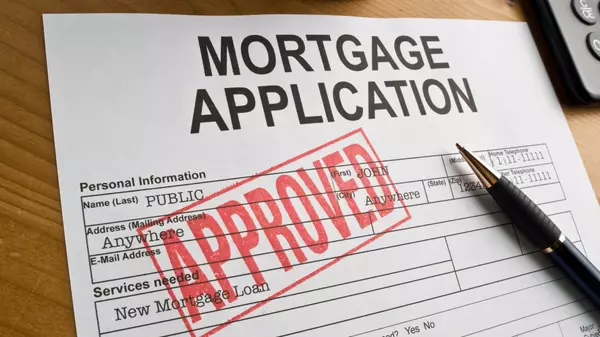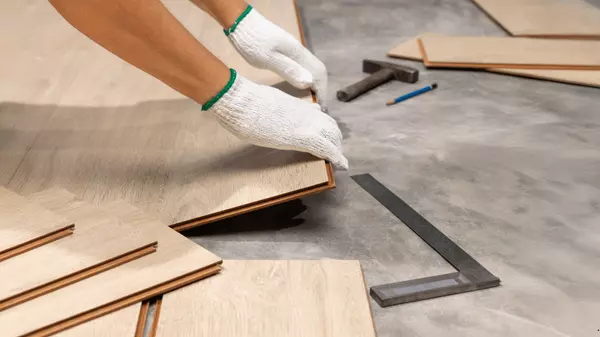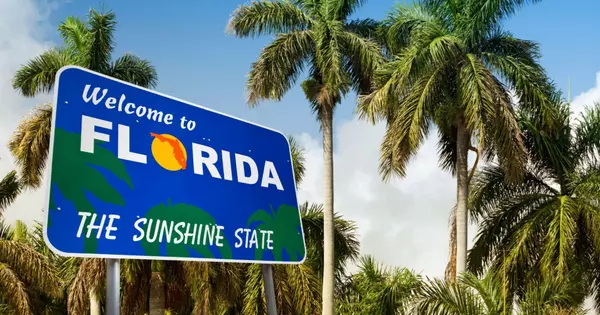Understanding Closing Costs in South Florida
If you’ve ever heard the term closing costs and thought, “Yeah, I’ll figure that out later,” you’re not alone. But here’s the thing—understanding them early can save you thousands and a ton of stress when it’s time to sign.
Let’s break down what closing costs are, who pays what, and how to be ready for them.
What Are Closing Costs?
Closing costs are the fees and expenses you pay when the ownership of a property officially changes hands. Think of them as the finishing touches that make the sale legally complete.
They include everything from title searches and inspections to lender fees and taxes. In South Florida, they typically range between 2%–5% of the home’s purchase price.
Common Closing Costs for Buyers
Here’s where most of your money goes if you’re buying:
-
Loan origination fees: Charged by your lender to process your mortgage.
-
Appraisal fee: Confirms the property’s value matches what you’re paying.
-
Title insurance and title search: Protects you from any ownership disputes.
-
Inspection fees: Covers general, termite, or roof inspections.
-
Prepaid taxes and insurance: You’ll often pay a few months upfront.
-
Recording fees: Paid to the county to officially document your ownership.
Typical buyer closing costs in South Florida run about 3%–4% of the purchase price, depending on the loan type and property.
Common Closing Costs for Sellers
Sellers have their own list to cover:
-
Real estate commissions: Usually 5%–6% split between the listing and buyer’s agents.
-
Title search and settlement fees: Ensures clear title transfer to the buyer.
-
Prorated property taxes and HOA dues: You pay your portion up to the closing date.
-
Documentary stamp taxes (on the deed): A state tax based on the sale price.
Sellers in Broward and Miami-Dade usually pay around 6%–8% of the sale price, mostly due to commission.
Local Twist: South Florida’s Closing Traditions
Every area has its quirks. Down here, closing customs can vary even between counties:
-
In Miami-Dade County, the buyer often pays for title insurance.
-
In Broward County, it’s more common for the seller to cover it.
-
Always check your contract—it spells out who’s responsible for what.
Knowing this upfront can save you from an awkward surprise later.
How to Reduce Closing Costs
A few smart moves can lighten the load:
-
Shop lenders: Compare interest rates and closing fees before committing.
-
Negotiate credits: Ask the seller to contribute toward closing costs—especially if you’re offering full price.
-
Time your closing date: Closing at month’s end can reduce prepaid interest.
-
Work with an experienced agent: A good one (hi, that’s me) will catch unnecessary fees before you sign anything.
Key Takeaway
Closing costs may not be glamorous, but understanding them keeps you in control. Whether you’re buying or selling, know your numbers early so nothing at the closing table feels like a surprise.
If you want a clear estimate of what your closing costs would look like on your next move in Broward or Dade County, reach out and I’ll walk you through it—no pressure, just real numbers.
Categories
- All Blogs (33)
- Appraisal (1)
- Beach (1)
- Better (1)
- Broward (4)
- Budget (1)
- Buy (11)
- Closing (1)
- Condo (1)
- Costs (1)
- Dade (1)
- Hallandale (1)
- Home Improvement (2)
- Inspection (1)
- Investors (1)
- Kitchen (1)
- Living (3)
- Market (1)
- Miami (1)
- Mistake (2)
- Mortgage (1)
- Moving (1)
- Multiple Offers (1)
- Negotiations (1)
- Neighborhoods (1)
- offers (2)
- Pets (1)
- Pre-Approved (1)
- Price (1)
- Process (1)
- Pros & Cons (1)
- Realtor (3)
- Relocating (2)
- Renovations (1)
- Rent (2)
- Scams (1)
- School (1)
- Season (1)
- Sell (11)
- Single Family Home (2)
- South Florida (8)
- Staging (1)
- taxes (1)
- Tips (1)
- Understanding (2)
- value (2)
Recent Posts











